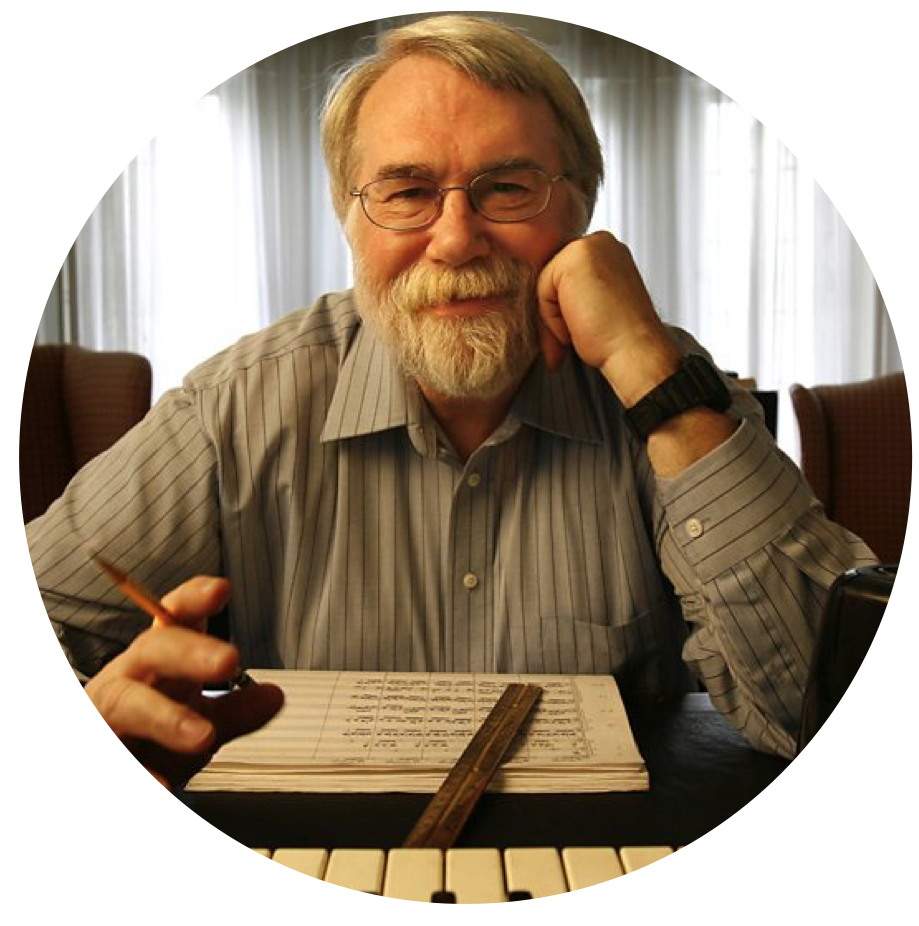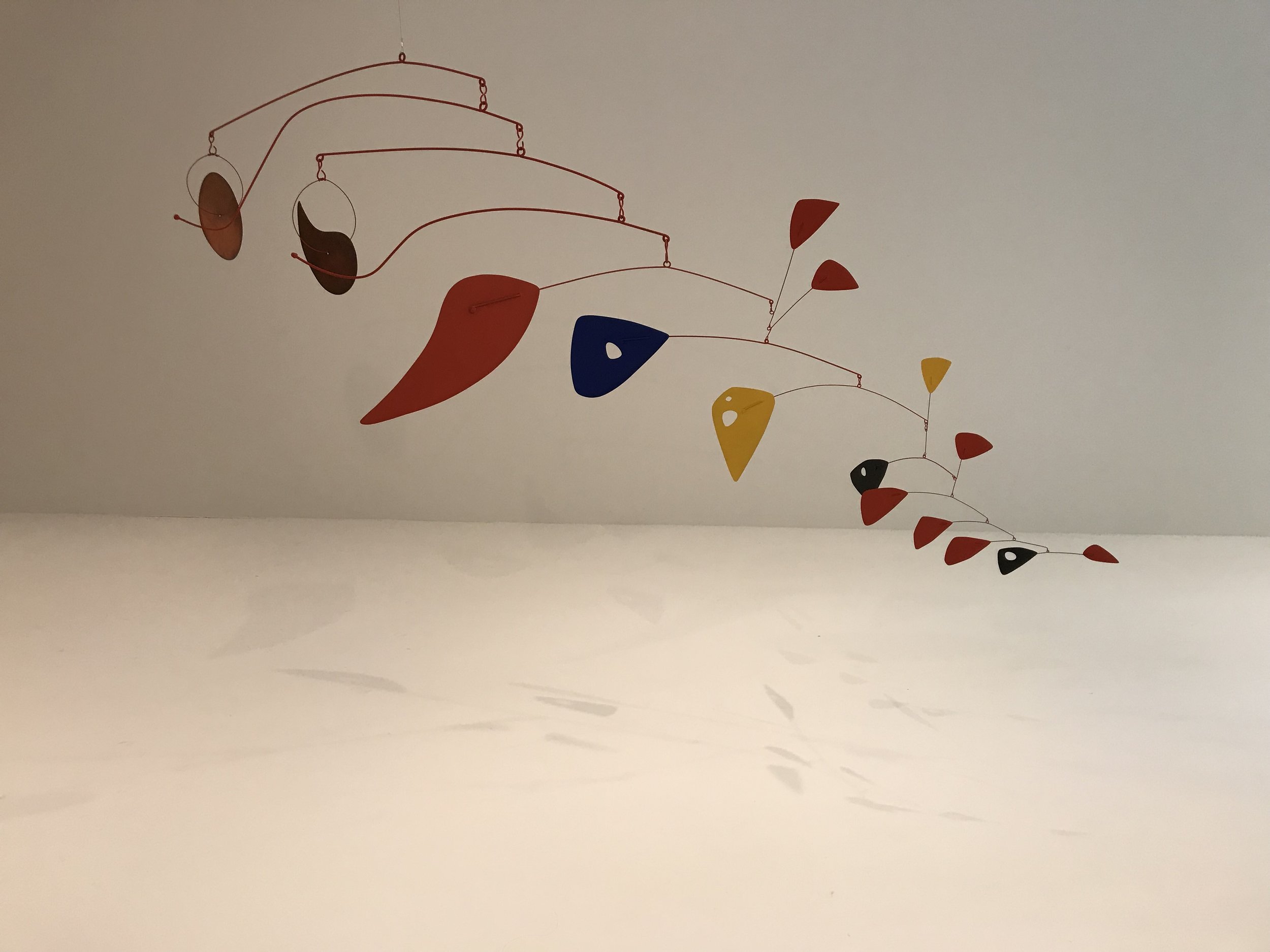For the past few years, I’ve made myself (admittedly) ambitious summer reading lists. And for the most, part I’ve done pretty well sticking to it. Last summer, it was the new Rodgers and Hammerstein biography Something Wonderful by Todd S. Purdum, Matthew Desmond’s masterpiece Evicted, Jean Edwards Smith’s big ol’ George W. Bush biography simply titled Bush, and Richard Rothstein’s The Color of Law. A noticeable lack of music books, but after a few years or reading solely music biographies, articles, and essays as well as going to music school during the rest of the year, I tend to need a break. However, as is life, pleasure reading makes its way into “work”. Such is the case with this new horn quintet I’m finishing up for my friend (and fellow IU-er) Tyler Taylor.
Late this summer, I started reading a new book by the Pulitzer Prize winning journalist Frances Fitzgerald entitled The Evangelicals. For whatever reason, I have an immense fascination in the fringe elements of American christianity. My father and I will often get into heated echo chamber discussions regarding our shared frustration with the hypocrisy of televangelists and far right spiritual leaders. My fascination might spur from my own sexuality and a desire to learn where my political oppression is coming from (maybe?). But nonetheless, I picked up Fitzgerald’s book and devoured it. Ranging from the first two great awakenings to Billy Graham to the New Christian Right of Donald Trump, the book satisfied my evangelical cravings. While in the midst of reading the book, I began watching YouTube videos of the giant revivals of the 1950s with Billy Graham and the healing ministries of A. A. Allen (much to the annoyance of my boyfriend).
One morning, around 2am after putting down Fitzgerald’s book hours earlier, I had a Hollywood Style Composer Moment. The one that crops up in every film about creating music in which the protagonist suddenly gets the idea (!), the music rushes in (!), and the inspiration arrives in full force (!). “The Great Work Begins”! But I quite literally woke up at 2am from an “eureka” moment and started working on a new structure for this struggling horn quintet. The work became one in which the horn would act like a fire and brimstone, Pentecostal preacher with the string quartet acting as a congregation.
The new and improved horn quintet, The Revival, is at its core about manipulation. The piece begins with a call to action (The Message), in which the horn sounds out a four note gospel that will remain its core musical material throughout the work. The second section (Thus Saith The Lord), has the horn, desperately trying to relay its message to a seemingly unwilling and reserved string quartet. After a fire and brimstone cadenza (The Sermon), the string quartet beings to take up bits and pieces of the horn’s spirited call and “speak in tongues” (Glossolalia), a danse macabre in which the players ecstatically perform in a series of unorthodox ways. Finally, in the concluding section (The Revival), the string quartet, now seemingly brain washed, repeats almost everything the horn gives them, expressionless and hypnotized.
The work also has a great deal to do with the works dedicatee, Tyler Taylor. Aside from his phenomenal chops on the horn, Tyler is also an astounding composer (the man has it all, folks). Tyler’s music has a tendency to treat individual instruments like people, with their own unique quirks and personalities. These instruments, in Tyler’s musical world, are also subjected to some of the darker elements of the human experience; they are manipulated, restricted, and rejected. I thought a great deal about his music when writing a work for him and wanted to, in a way, pay homage to his composer side while on the surface level highlighting his performer side.
The Revival will be premiered later this year….










